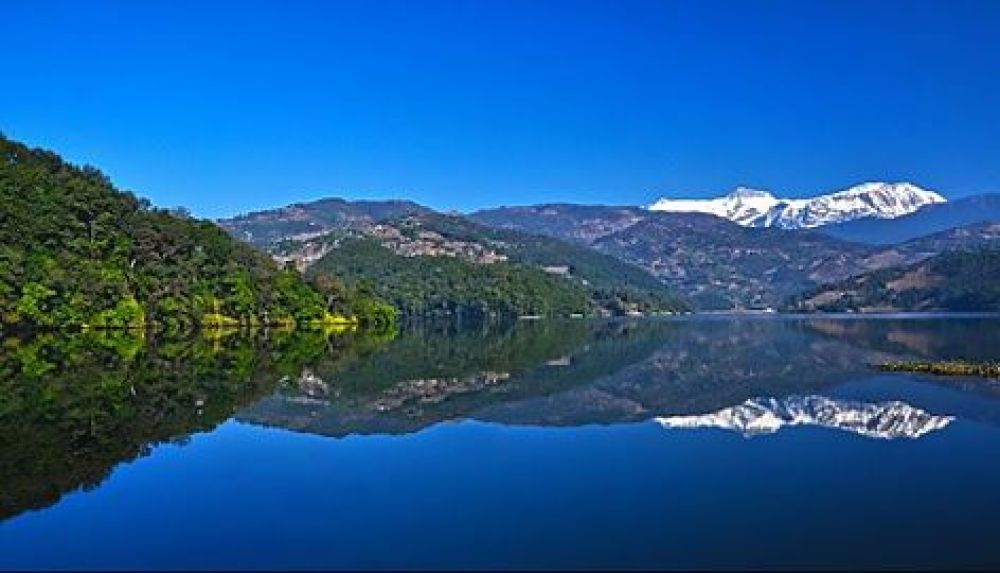

Begnas Lake is the second largest lake in Pokhara and the third largest lake in Nepal. Nestled within the lap of the majestic Himalayas, Begnas Lake is situated in the Kaski District, roughly 15 kilometers to the east of the Pokhara city center. Often overshadowed by the more famous Phewa Lake, Begnas offers tranquility and a more authentic encounter with nature.
Begnas Lake has been a retreat for locals seeking peace and natural beauty for centuries. However, the history of tourism here is relatively modern. Tourism in Pokhara began to flourish in the 1960s and 1970s with the establishment of the Ghurkha Soldiers Camp and the arrival of hippies seeking solace and spiritual enlightenment. Begnas Lake, due to its off-the-beaten-path location, started gaining popularity later as an alternative to the bustling Phewa Lake.
The development of tourism at Begnas Lake took a more structured phase in the 1980s and 1990s, as eco-tourism began to gain traction globally. The Nepali government, along with local enterprises, started investing in the basic infrastructure to accommodate tourists, including the construction of guest houses and the development of local tourism-related activities.
Into the 2000s, the lake saw a modest yet consistent increase in visitors who were either referred by word of mouth or intrigued by the area's serenity. Many tourists sought a more intimate experience with the Nepalese countryside, away from the commercialism of more popular destinations.
In recent years, there has been a significant shift in Begnas Lake's tourism dynamics. Community-based tourism (CBT) has taken root, which encourages sustainable travel practices and benefits the local economy. Visitors engage in homestays, local farming activities, and cultural exchange programs, gaining insight into the typical Nepalese rural lifestyle.
Wellness tourism has also emerged strongly in the region. The pristine environment around Begnas Lake has become ideal for yoga and meditation retreats, further diversifying the kinds of experiences available to travelers. With this trend, several eco-friendly wellness resorts have opened, offering organic living, spa services, and holistic health packages.
Adventure tourism is on the rise as well. Trekking to the surrounding hills like Rupa and Sundari Danda, fishing, kayaking, and bird-watching are some of the activities that attract tourists seeking a blend of adventure and peace.
The introduction of technology in tourism has not spared Begnas Lake. The ease of online bookings, virtual tours, and a strong presence on social media platforms have made this hidden gem more accessible to tourists worldwide, steadily increasing its prominence in the global travel map.
Despite the developments, Begnas Lake's tourism maintains a balance between growth and ecological preservation. The community is deeply involved in decision-making regarding tourism to preserve the natural beauty, biodiversity, and cultural heritage, ensuring that Begnas Lake remains a sustainable and cherished destination for years to come.